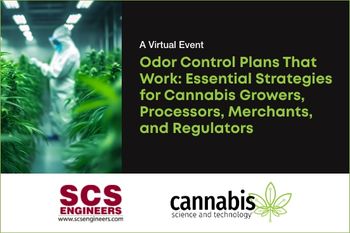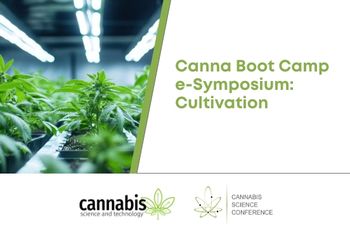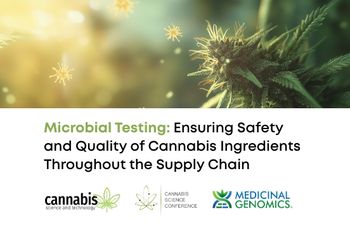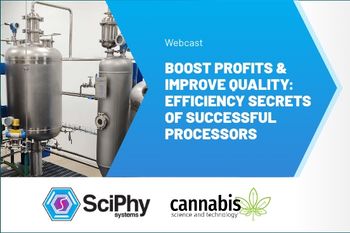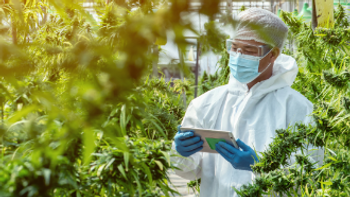
How to Optimize LC–MS/MS for Trace Contaminant Analysis and Tips and Tricks If a Reference Method Isn’t Fit for Purpose
Thursday March 31, 2022 11:00 am EST What happens after training and method implementation is completed, but the performance is not meeting the original intent? Learn some common methods development tips and tricks as well as pathways to getting a cannabis matrix-specific trace pesticide LC–MS/MS method back on track.
Register Free:
Event Overview:
Once instrumentation has been selected, installed, and is operation-ready, methods development and optimization begin with the goal of validating the method within a reasonable timeframe. Often methods are adapted from other cannabis-specific industry publications, vendor application notes, and legacy methods from other industries. Most methods provide a good starting point, in terms of consumables, reagents, columns, and any sample preparation that may be required. What happens after training and the method implementation is completed and the performance is not meeting the original intent? The goal of this presentation is to discuss some common methods development tips and tricks as well as pathways to getting a cannabis matrix-specific trace pesticide LC–MS/MS method back on track.
Key Learning Objectives:
- Methods Development and optimization of parameters
- Column selection, mobile phase (modifiers), injection volume
- Internal standard selection,
- Matrix Effects- Matrix Matched calibration- can be a complex and time-consuming process.
- How to prepare samples for LC–MS/MS analysis - dilution, sample preparation techniques- discuss a variety of technologies- pros/cons of each
- Adapt clean-up procedures for types of matrices - flower, oils/concentrates, tinctures, gummies
- Criteria to consider for optimization and accuracy (MRM selection (adduct formation), quantifier/quantifier)
- System contaminants - instrument cleaning, wash solvent selection, solvent blanks, and regular maintenance.
Who Should Attend:
- Laboratory directors
- Analytical scientists
- Laboratory managers
- Procurement managers
- Analytical or R&D chemists
Speakers
Katherine Evans
Owner/CEO
Longboard Scientific Consulting Corporation
Katherine M. Evans, Ph.D. has over 25 years of experience as an analytical chemist in a variety of industries including toxicology, pharmaceuticals, botanicals/cannabis/hemp with an instrumentation focus of chromatography and mass spectrometry.She has worked for several instrumentation vendors including Waters Corporation and Thermo Fisher Scientific supporting chromatography methods development and operation, training and application development, and support. While at Thermo Fisher she managed the North American Applications Team and participated in the launch of new sample preparation products and provided assistance in marketing and developing application notes.The last few years she has participated in committees for standard development including USP, AOAC, ASTM, and NELAC.The hemp/cannabis space is still a very young industry, and she brings significant industry experience which enables her to perform both methods development and methods validation.As a former VP of Lab Operations – Global, Laboratory Director and Technical Supervisor, she has performed both internal and external audits ISO/IEC 17025:2017, CLIA/CAP and most recently participated in the development of the D37 ASTM program for certification of testing laboratories in the cannabis/hemp space. This experience has led Dr. Evans to have expansive knowledge in the industry here in the USA as well as Internationally. She is currently owner/CEO of Longboard Scientific Consulting Corporation located in Colorado Springs, Colorado.
Register Free:
Newsletter
Unlock the latest breakthroughs in cannabis science—subscribe now to get expert insights, research, and industry updates delivered to your inbox.

